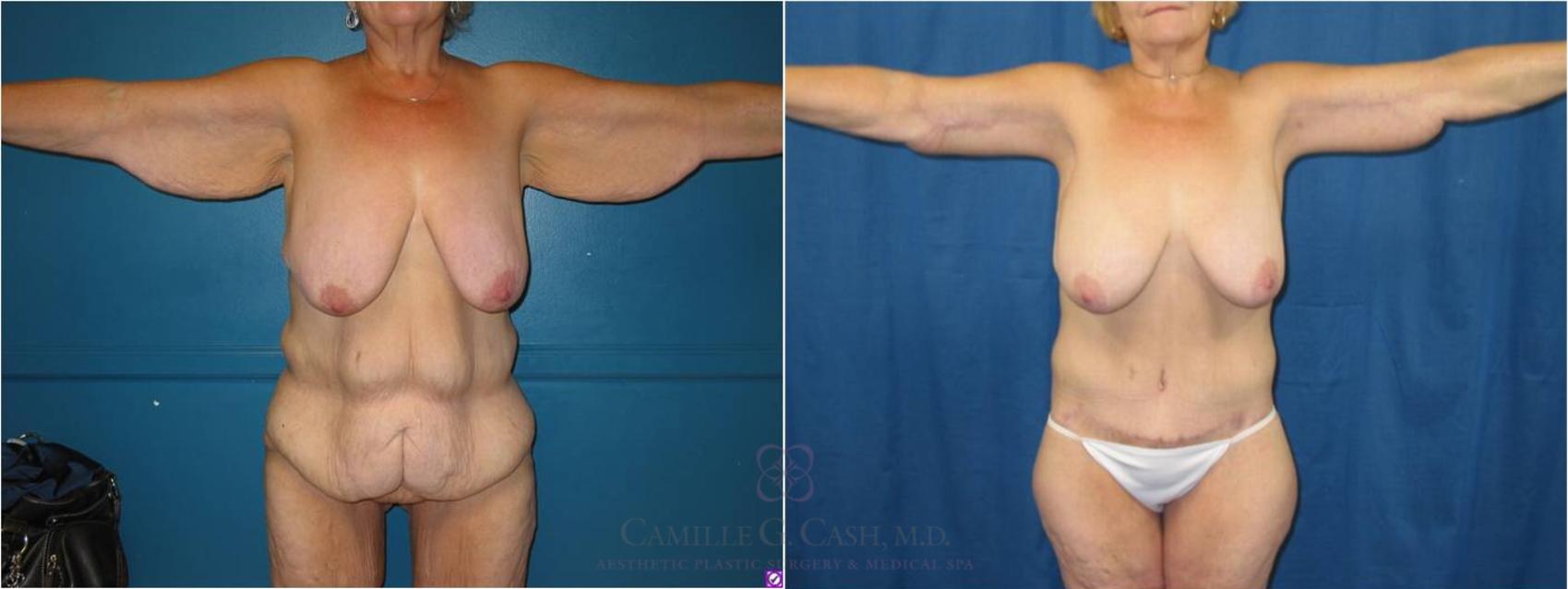The beautiful thing about plastic surgery is that patients come in all shapes and sizes. It’s a privilege to work with such a diverse population, but it’s also my responsibility to make sure that each individual I see is a good fit for their desired procedure. Body mass index (BMI) is one factor I consider when determining candidacy for surgery. In this blog post, I cover the recommended BMI for plastic surgery procedures and your options if you exceed it.
Why Does Plastic Surgery Have BMI Requirements?
BMI is an important tool for assessing surgical risks. This calculation is based on your height and weight and is often used to determine whether a patient can safely undergo an operation. People with higher BMIs (typically 30+) have increased risks of complications, such as poor wound healing, infection, or challenges with anesthesia.
How Much Do You Have To Weigh To Get Plastic Surgery?
The specific number on the scale matters less than your BMI and health status. If you are generally healthy but plus-size, plastic surgery can still be an option. Generally speaking, patients should be within 10 to 15 pounds of their target weight and able to maintain a stable weight, as future weight fluctuations can affect the longevity of their results.
Will Plastic Surgery Help Me Lose Weight?
If you’re considering plastic surgery to lose weight, the reality is that most procedures are not intended for weight loss. Procedures like liposuction or a tummy tuck can improve your body contours by removing excess fat or skin, but they reduce volume rather than weight. While the number on the scale may not change dramatically, your clothes will fit better.
What Happens If Your BMI Is Above 30?
Every patient is unique, and BMI is just one factor I take into account when creating a surgical plan. While BMI isn’t the only factor I consider when evaluating suitability, it’s a helpful starting point for assessing whether surgery is the right option for you at this time.
If your BMI is slightly above the recommended range, that doesn’t mean surgery is off the table. I’m happy to work with you to explore nonsurgical options or create a plan to help you safely prepare for surgery.
Ways To Begin Your Aesthetic Journey
While you work toward your weight loss goals, you can still tone and contour your body without surgery. My medical spa offers treatments that can help you refine your figure, whether you’re looking to prepare for surgery or explore other options. These options include:
- Evolve Tite, Tone & Transform: These noninvasive body contouring treatments reduce fat, tighten skin, and tone muscles without surgery.
- Semaglutide for Weight Loss: This innovative medication supports healthy, sustainable weight loss as part of a medically supervised program.
Semaglutide injections can still help you lose weight after surgery. Learn more about how they can support your surgical journey in our related blog post.
What Happens Once You Lose the Weight?
Depending on the extent of your weight loss, you may have excess skin that has lost its ability to “snap back” and conform to your new contours. Many patients choose post-weight loss surgery to put the finishing touches on their transformation with procedures targeting the face, breasts, and body.
Let’s Talk About Your Goals
Whether you’re exploring nonsurgical treatments, after-weight loss procedures, or high BMI plastic surgery options, I’m here to help. Request a consultation online or call my office at (713) 571-0600 to get started. We’ll create a plan to help you look and feel your best.







Leave a Reply